
The Maccabiah Games, a prominent international sports competition, often referred to as the “Jewish Olympics” are organized by Maccabi World Union every four years and have become the largest regularly held international event in Israel.
In July 2017 the Maccabiah hosted 10,000 athletes representing 80 countries, making it the third largest event in the world, behind only the Summer Olympics and the World University Games. Maccabi Canada was responsible for sending a delegation of 600 proud Canadians, one of the largest delegations from any Diaspora country. Canadian athletes won 72 medals at the Games, including 15 Golds.
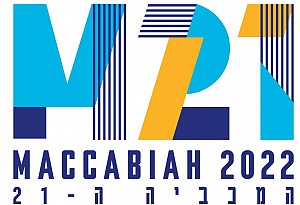
21st Maccabiah
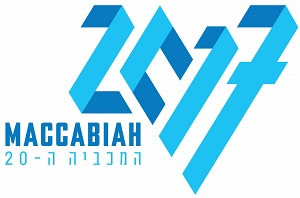
20th Maccabiah 2017
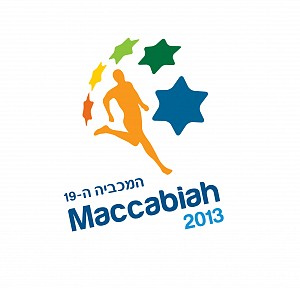
19th Maccabiah 2013
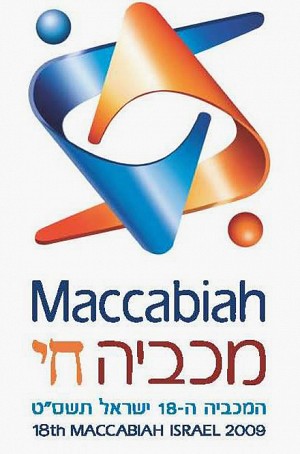
18th Maccabiah 2009
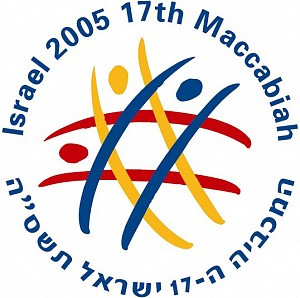
17th Maccabiah 2005
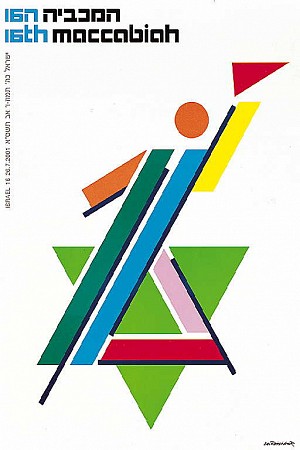
16th Maccabiah 2001
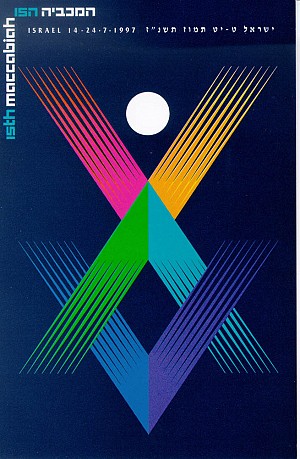
15th Maccabiah 1997
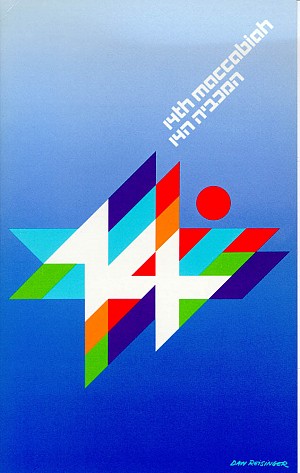
14th Maccabiah 1993
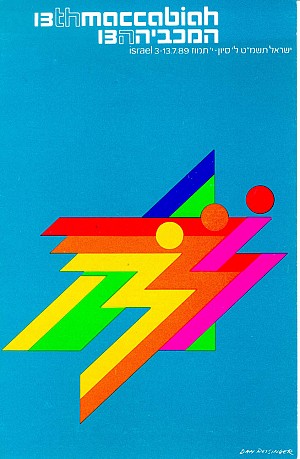
13th Maccabiah 1989
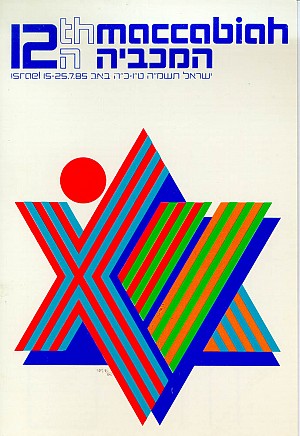
12th Maccabiah 1985
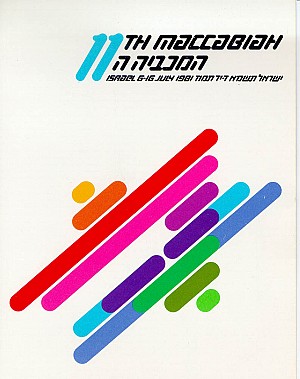
11th Maccabiah 1981
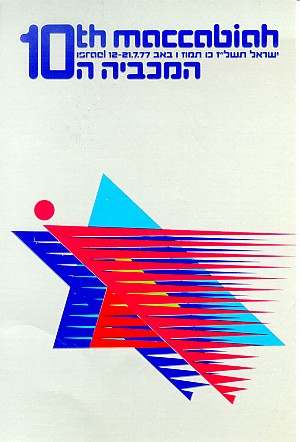
10th Maccabiah 1977
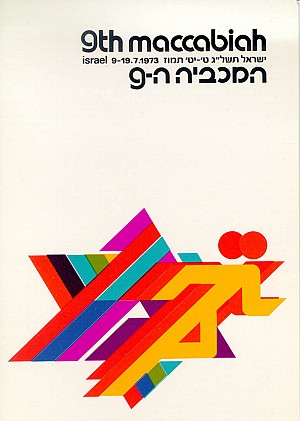
9th Maccabiah 1973
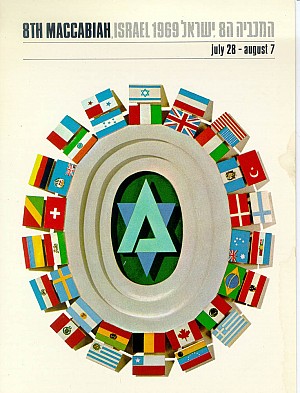
8th Maccabiah 1969
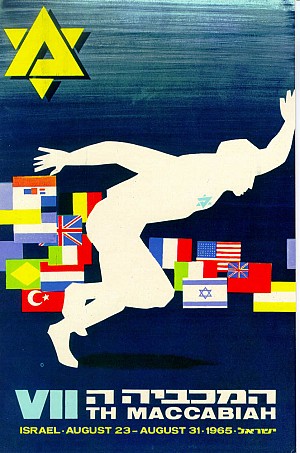
7th Maccabiah 1965
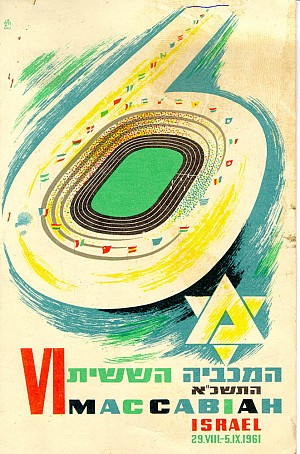
6th Maccabiah 1961
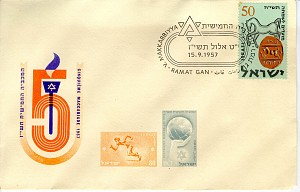
5th Maccabiah 1957
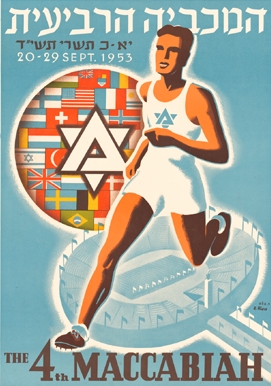
4th Maccabiah 1953
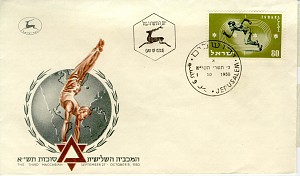
3rd Maccabiah 1950
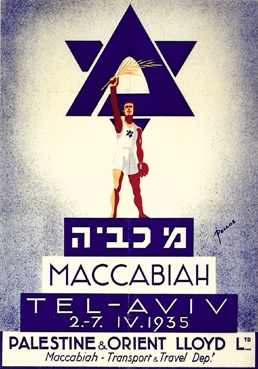
2nd Maccabiah 1935
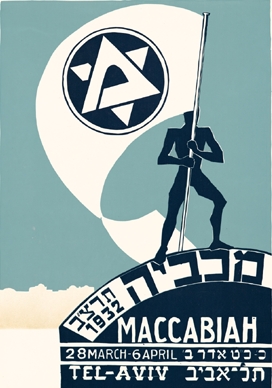
1st Maccabiah 1932
Please, enter a valid value